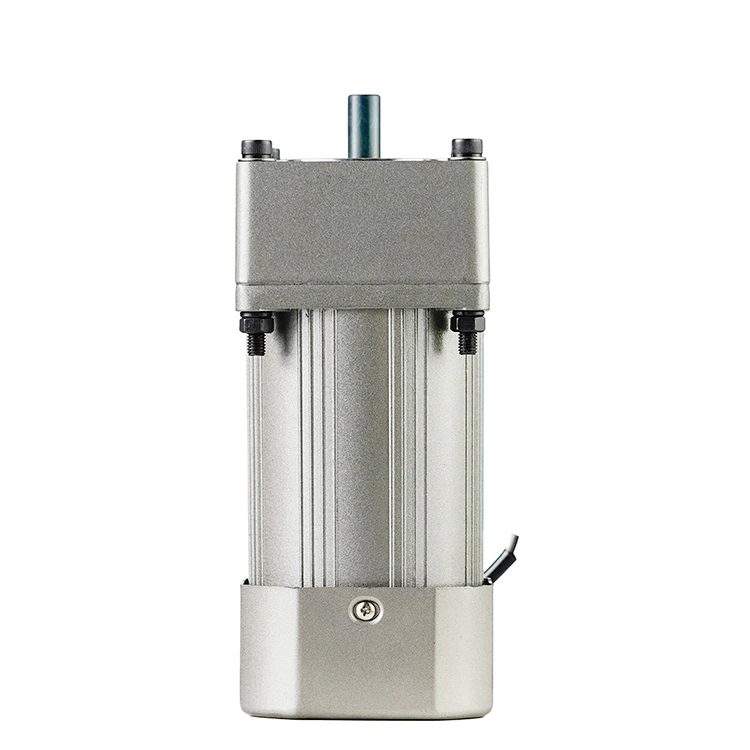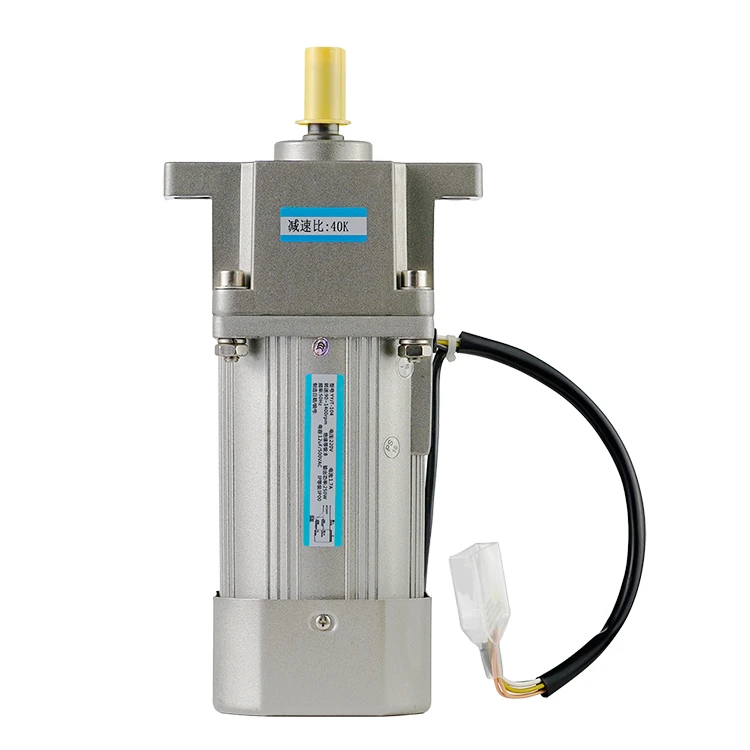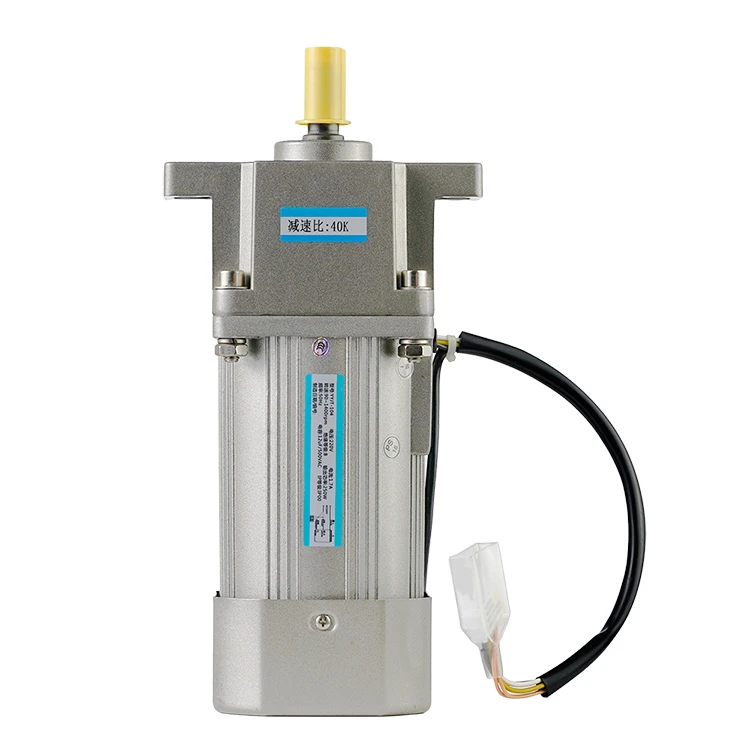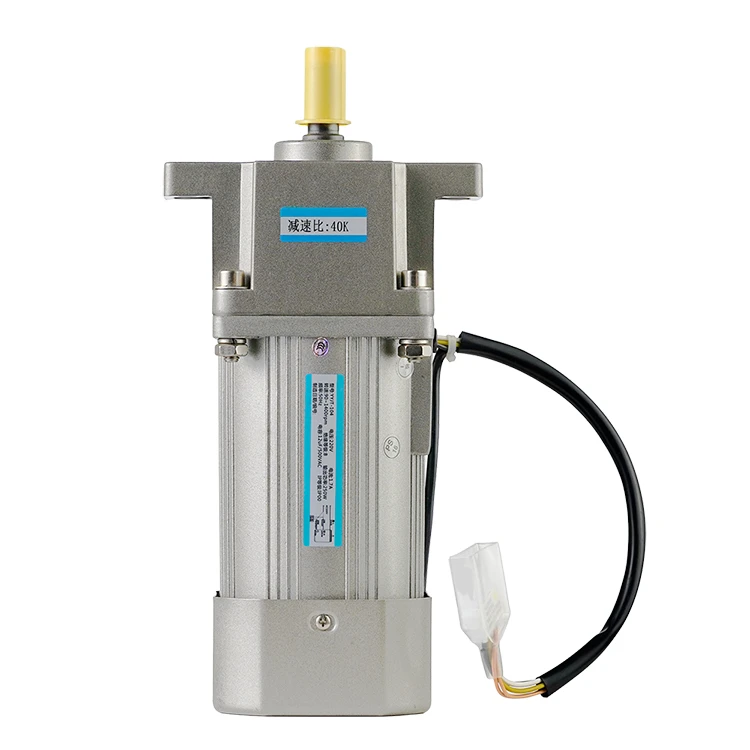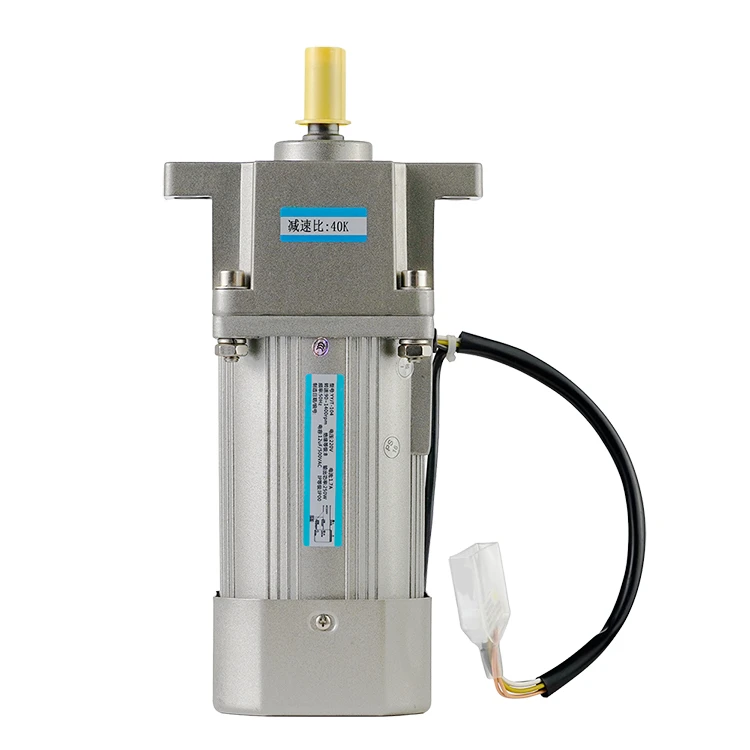Common CNC Machine Problems
2024-09-09 15:24:21
CNC equipment features high precision, automation, and efficiency, which improves productivity and quality. However, like any complex machinery, CNC machines are not immune to potential issues that may arise during operation. Understanding and addressing these common CNC machine problems is crucial for minimizing downtime, optimizing performance, and ensuring smooth production processes. This article delves into some of the most common issues encountered in CNC machines, discusses their potential causes, and provides troubleshooting solutions to effectively address these problems.

Machine Calibration Issues
Inaccurate Tool Positioning
One of the primary problems that can occur in CNC machine is inaccurate tool positioning. When the tool is not positioned correctly, it can lead to machining errors, poor surface finish, and out-of-spec parts. Several factors can contribute to this problem, including improper calibration of the machine's axes, wear in the ball screws and linear guides, or even thermal expansion.
Solution:
- Regularly calibrate the CNC machine's axes using precision measuring tools.
- Inspect and replace worn-out ball screws and linear guides.
- Consider environmental factors, such as temperature fluctuations, and implement measures to mitigate their impact on the machine's performance.
Mechanical Problems
Excessive Vibration
Excessive vibration during machining operations is a common issue that can have detrimental effects on the overall performance of a CNC machine. Excessive vibration can result in poor surface finish, reduced tool life, and increased noise levels. There are several potential causes of excessive vibration, including unbalanced tool holders, worn-out bearings, improper machine setup, or even issues with the cutting tool itself.
Solution:
- Ensure proper tool balancing by balancing the tool holder and the cutting tool.
- Regularly inspect and replace worn-out bearings.
- Proper machine setup, including aligning components and securing them firmly.
- Implement vibration-damping techniques, such as using anti-vibration tool holders or adding damping materials.
Abnormal Noise
Unusual or excessive noise during CNC machine operation can indicate mechanical problems that need attention. Abnormal noise can be caused by various factors, including loose belts, worn-out gears, misaligned components, or lack of proper lubrication.
Solution:
- Regularly inspect and tighten belts to ensure they are properly tensioned.
- Promptly replace worn-out gears.
- Realign misaligned components to their correct positions.
- Properly lubricate moving parts with the appropriate lubricants.
Electrical and Control System Issues
Power Supply Problems
Inconsistent power supply or voltage fluctuations can cause CNC machines to malfunction, leading to disrupted operations and potential damage to the machine's electronic components. Sudden power surges or drops can cause the machine's control system to crash or behave erratically.
Solution:
- Use voltage stabilizers or uninterruptible power supply (UPS) systems.
- Regularly inspect and maintain electrical connections, including grounding.
Communication Errors
CNC machines rely on effective communication between the control system and peripheral devices, such as sensors and actuators. Communication errors, such as data corruption or signal interference, can disrupt the machine's operation and lead to inaccurate machining.
Solution:
- Ensure proper grounding of the machine and its peripheral devices.
- Regularly inspect and replace damaged cables, connectors, or communication modules.
- Keep the CNC machine's control system software up to date.
Software and Programming Issues
Programming Errors
Programming errors can lead to various problems in CNC machines, including incorrect tool paths, incorrect parameter settings, or even collisions between the cutting tool and machine components. These errors can occur due to human mistakes during programming or software glitches.
Solution:
- Double-check the program code before executing it on the CNC machine.
- Use simulation software to visualize and verify tool paths.
- Update and maintain the CNC machine's software regularly.
Maintenance and Preventive Measures
Regular Machine Maintenance
Regular maintenance is essential to keep CNC machines in optimal condition and minimize the occurrence of problems. This includes inspecting and replacing worn-out components such as belts, bearings, and cutting tools. Lubricating moving parts according to the manufacturer's recommendations helps reduce friction and prevent premature wear. Cleaning and maintaining the coolant system ensures proper cooling and chip evacuation during machining operations.
Operator Training
Proper training for CNC machine operators is crucial to minimize errors and optimize machine performance. Operators should receive comprehensive training on machine operation, programming, and troubleshooting techniques. This enables them to identify and address common issues effectively, reducing downtime and ensuring efficient production processes.
Conclusion
In conclusion, CNC machines are complex machines that can encounter various problems during operation. Understanding and effectively addressing common CNC machine problems is crucial for maintaining productivity, ensuring part quality, and maximizing the machine's lifespan. By proactively addressing machine calibration issues, mechanical problems, electrical and control system issues, and software and programming errors, you can minimize downtime and optimize the performance of their CNC machines.
See What Lunyee Can Do For You
Contact Us
- 8619149417743
- +86-0371-5562 0274
- [email protected]
- Zhengzhou, Henan Province, China
- Mon-Fri: 9:00 - 18:00
